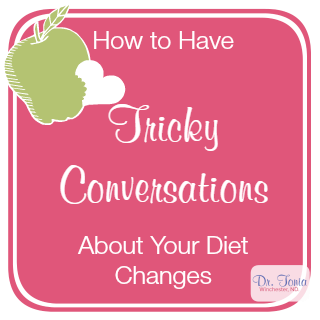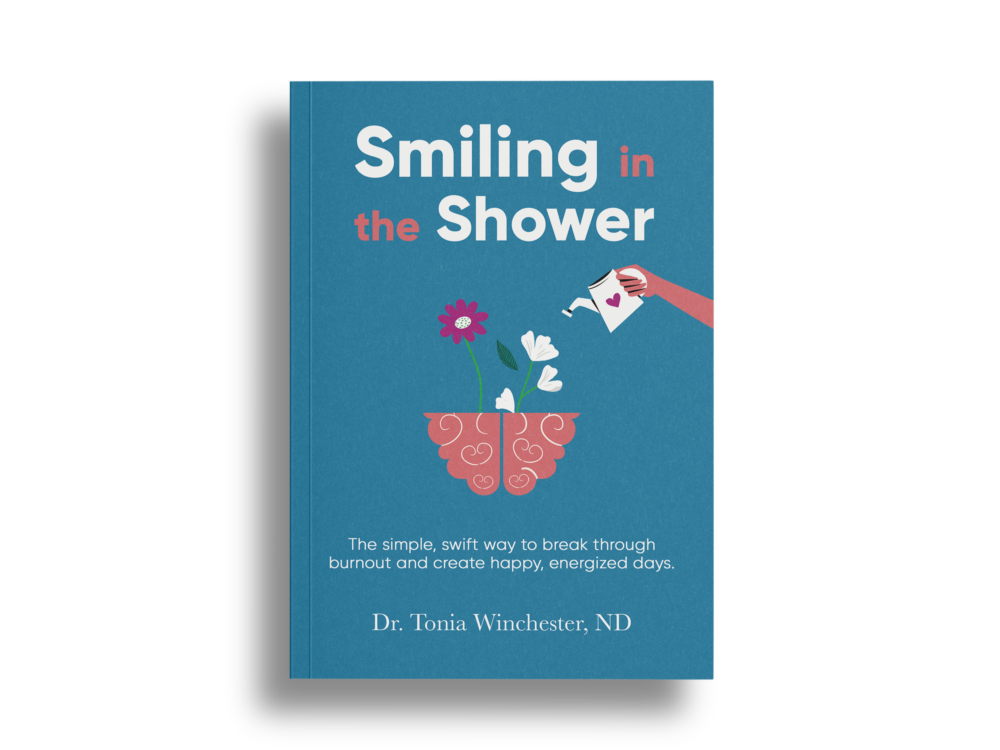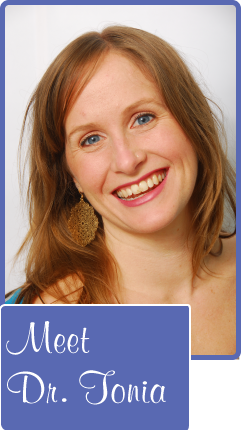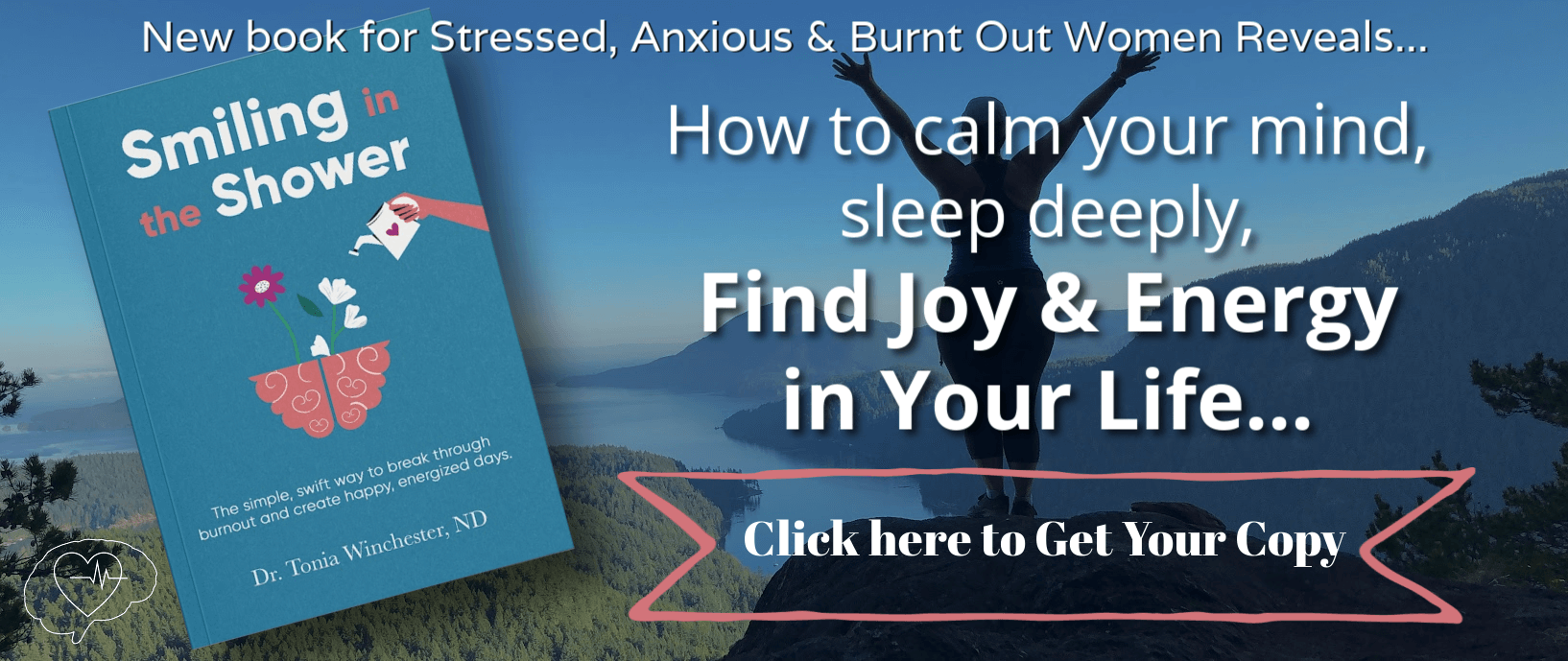
I love this scene from Madagascar 2:
King Julien : “My sacrifice goes in the volcano. Then, the friendly Gods eat up my sacrifice.
‘Mmmm, very nice. Thank you for the sacrifice.’
‘Please, have another sacrifice.’
‘No, I’ve had enough for today.’
‘Listen, I’m gonna be very insulted unless you have another.’
‘I don’t want another sacrifice okaaay?’
‘Look at you, you look skinny!’
‘No, I think I’ve had enough, is that clear?!'”
It’s a great example of family-food dynamics.
Food is one of the most nourishing, healing, medicinal things we can do to look after ourselves – but at the same time it can also be very dangerous.
Food isn’t just nutrition. It’s love. It’s comfort. It’s how we show we care. (Tweet it!)
Deep down it’s about connection and bonding (think breast feeding).
It’s really challenging when a family member (typically the female head of the household) decides she is going to change the way she eats. She gets this wacky idea to see an ND who then suggests an elimination / reintroduction diet such as the Plan.
It’s hard enough to decide to change – there is already much to overcome. Will I succeed? What if I don’t? How will I do it?
But our loved ones bring in a whole new layer of resistance.
She’s stocked the fridge. She’s prepped food ahead of time. She is mentally and physiologically ready. But… her husband and kids aren’t on board. They don’t understand. Why should they have to suffer? They couldn’t care less. “Please just make the normal food,” the plead.
At family gatherings her sister says, “But you love macaroni and cheese. I made it for you.”
Out with friends she is chided, “That doesn’t look like any fun – what’s the point of life if you can’t enjoy yourself?”
When the cat dies her mom brings over butter tarts and gooey brownies. “Here, darling. These will cheer you up.”
And golly. As her loved ones they certainly aren’t very supportive!!
This is true for a number of reasons. When people see others making healthy changes they start to feel bad for not making those same changes and then use the criticism as a defense mechanism, trying to make you wrong. Also, sometimes your loved ones don’t want you to change.
It’s important to anticipate these situations and prepare how you will respond. (Or better yet, have pre-amble conversations so these situations don’t arise.)
Here’s how:
To the husband:
I haven’t been feeling very good in my body lately and I believe that the proper foods for me will help my body heal. I want to make sure I’m at my best physically and emotionally to be there for you and the kids. I know things are going to look different but I’m asking for your help. Are you willing to support me by chopping veg, helping me talk to the kids, finding good recipes, ________, ________? (Fill in the jobs that you want help with.)
To the kids:
(depending on the age of your little ones – this can be altered)
I’ve decided that my body needs help to feel its best. I’m going to use food as my helper so I’m going to be preparing some new meals and trying some new recipes. Think of this like a fun experiment. I’m committing to this new way of eating for 3 months to see if I feel better. Do you want to try the experiment with me?
To the friends:
Well, to me enjoying myself is also about feeling good in my body, sleeping well and having balanced moods. I’m finding out that certain foods don’t make me feel my best – but others do. I’m not asking you to change. But I am asking you to respect my choices even if you don’t support them. I’m feeling great on this new program so I’m going to keep going with it. I’m enjoying how my clothes fit. I’m delighted to have the energy to play with my kids, and I’m loving feeling sexy for my husband – we had the best sex the other night…
To the sister:
Yeah, I do love mac and cheese especially yours. I’ve noticed that my body doesn’t do well with dairy, wheat and ______. So I’m actually more happy and feel better with out it. I definitely appreciate the time and care you took to prepare this meal. But truly I’m not here for the food but for your company. And the best way you can show me your love is to be with me here and now – however I’m showing up.
To the mom:
That was a really kind gesture. It’s so awesome I have you in my corner. And honestly while those foods used to comfort me, I’ve realized I feel bloated, drained, and cranky when I eat them so I’m being really careful about consuming foods that make me feel my best. I understand and am touched by your intention but truly a long hug would comfort me far more.
Success reaching your goals isn’t just about the mechanics of healthy and nutritious eating that I teach when I work with patients or in my email course Fitting Food In – 20 food hacks for simple, healthy eating for busy women on the go.
It’s also about anticipating challenges. The kickback and flack from your loved ones can be devastating to your progress. I often find my patients’ loved ones are more challenged / resistant by the changes than the patients! And I get it. Your loved ones are not in your body – they don’t know how it feels, how you were at the end of your rope, but you finally feel like you have something that is working. You just have to explain it to them.
I hope these scripts help you navigate those challenging conversations easily and gracefully.
To your healthy, thriving, delightful life,
Dr. Tonia









Very helpful re explaining symptoms or bodily sensations rather than allergies.
And asking for help.